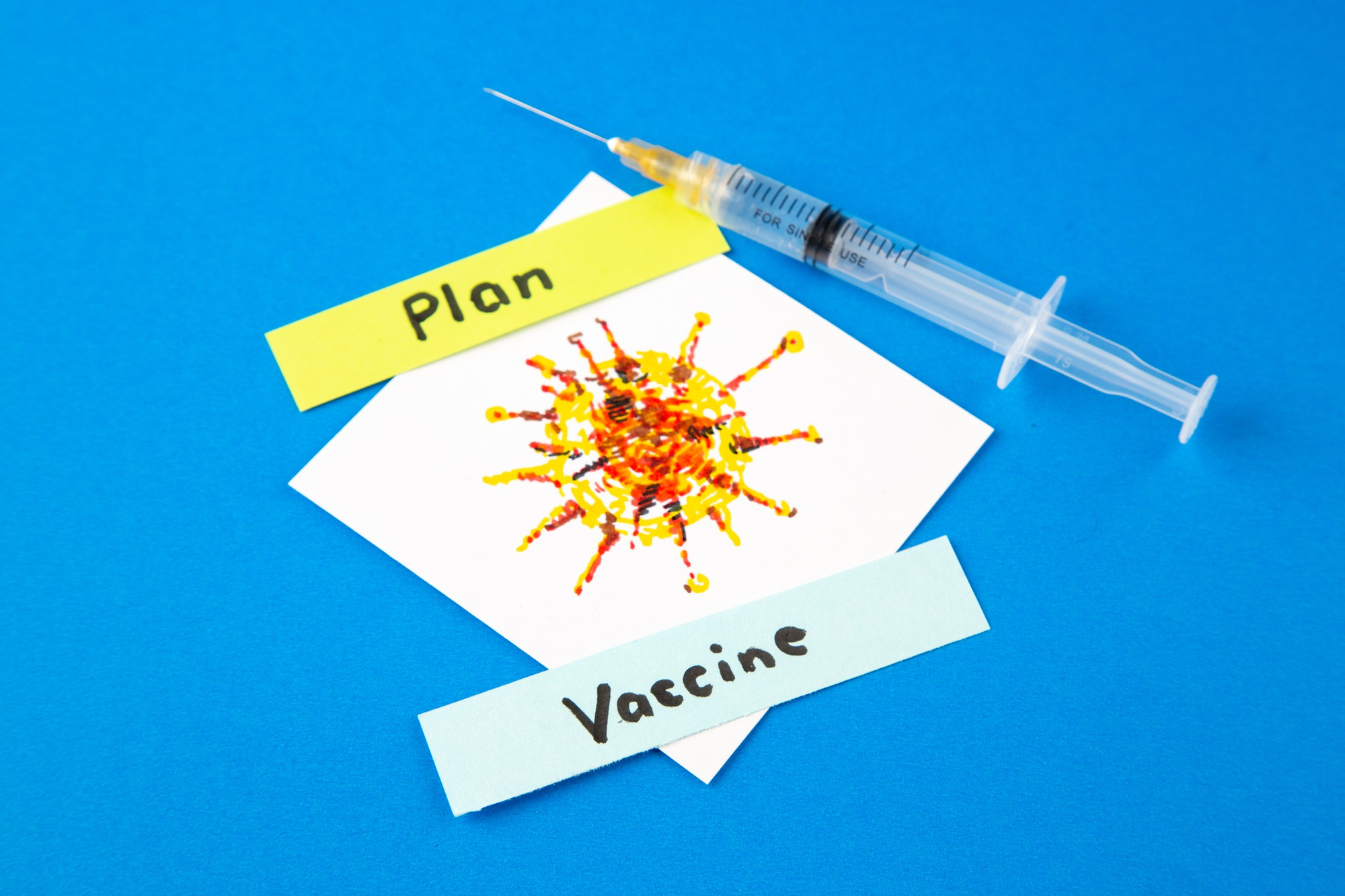
Vaccinations and health tests play a crucial role in preventing diseases and safeguarding public health. This article explores the significance of vaccinations in disease prevention and highlights the importance of tests for related health conditions.
I. The Importance of Vaccinations:
A. Disease eradication: Vaccinations have led to the elimination of several life-threatening diseases, such as smallpox, and the near-eradication of others, including polio.
B. Prevention of epidemics: Vaccines create herd immunity, protecting not only vaccinated individuals but also those unable to receive vaccines due to medical reasons.
C. Reducing morbidity and mortality: Immunizations significantly decrease the risk of severe illness, complications, and death caused by infectious diseases.
II. Types of Vaccinations:
A. Childhood vaccinations: Routine immunization schedules ensure children receive necessary vaccines, preventing diseases like measles, mumps, rubella, and whooping cough.
B. Adult vaccinations: Vaccinations such as influenza, pneumococcal, and hepatitis vaccines are recommended for adults, particularly those at higher risk due to age or underlying health conditions.
C. Travel vaccinations: Certain destinations may require specific vaccinations to prevent the spread of diseases uncommon in one’s home country.
III. Health Tests for Disease Detection:
A. Screening tests: Regular screenings, such as mammograms for breast cancer or Pap smears for cervical cancer, aid in early detection and treatment, improving outcomes.
B. Diagnostic tests: Tests like blood work, imaging scans, and genetic screenings help diagnose various conditions, allowing for prompt medical intervention and disease management.
C. Risk assessment tests: Genetic testing and family health history evaluations can identify predispositions to certain diseases, enabling proactive preventive measures.
IV. The Importance of Testing in Disease Prevention:
A. Early detection: Timely tests enable early identification of diseases, leading to more effective treatment options and improved patient outcomes.
B. Preventive interventions: Health tests help identify risk factors, enabling healthcare providers to recommend preventive measures, lifestyle modifications, and appropriate vaccinations.
C. Public health surveillance: Tests provide data for public health officials to monitor disease trends, assess vaccination effectiveness, and implement targeted interventions to prevent outbreaks.
Conclusion:
Vaccinations and health tests are invaluable tools in disease prevention. Vaccines protect individuals and communities from harmful diseases, while health tests facilitate early detection, risk assessment, and preventive interventions. By understanding the significance of both vaccinations and tests, we can actively contribute to safeguarding public health and reducing the burden of preventable diseases.
For more such articles, visit https://blog.phleboindia.com/
Refs
https://www.who.int/health-topics/vaccines-and-immunization#tab=tab_1
Stay updated with your health, and book a lab test with PhleboIndia today.
Download our app here:
Android app – http://bit.ly/3XRsXzt
IOS app – https://apple.c
Get a 75%* Discount on all lab tests from any lab in your city
Use Code: PHLEBOINDIA

